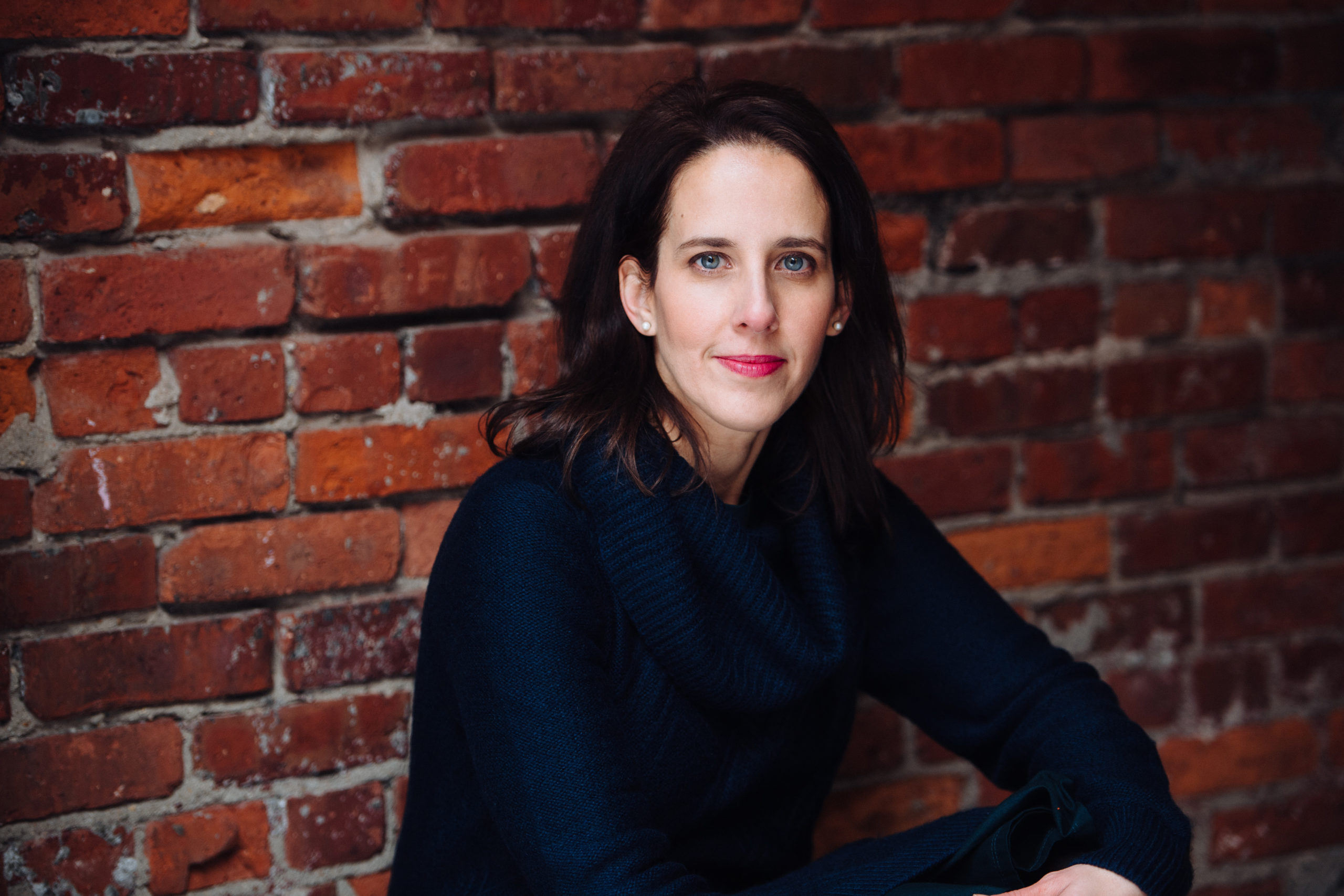The paradox of the permanence of death.
That at the moment I heard those three words, I instantly understood the permanence of them more than I had ever understood anything in my life. And yet at the same time, I have also been coming to understand the permanence of them over the past sixteen months and still am.
It seems now that with each passing day I understand more that I will not see you again. No amount of grieving or sorrow will bring you back or even keep you close. No lesson learned or personal growth will issue your return. An A plus in grieving does not bring the one reward I wish for. There is no prize to keep my eyes on now- though I’m not sure I fully got that in the beginning. After all, it goes against the cause and effect principle so engrained in our culture: Work hard and you’ll achieve. You can have anything you set your mind to, if you just work hard enough, envision it- heck, make a vision board-that’s the “secret”, and don’t forget prayer- pray, fast, weep on your knees before God Almighty- be “religious.” All of these pretty much express the same philosophy: you, a human being, can control and shape things.
And we can. I can choose from a hundred different toothpastes with which to brush my teeth- do I want whitening, fresh breath stripes, peroxide, or baking soda? I can choose whether I buy organic or conventional bananas. If I eat right and exercise, I can maintain my natural body weight. If I get a certain degree, I can work as a lawyer or doctor or teacher and make a certain amount of money each year. If I’m lucky I can choose the city where I live and the color I paint my walls- do I want Decorators White, White Chocolate, or White Linen?
But really, all of our choices- amount to the small stuff. Maybe we focus on it so much because we know too well, even if hidden in our collective unconsciousness- we know that ultimately we’re here and we didn’t choose to be or make ourselves- and that we will leave one day- and we won’t have much choice over how or when that happens either. We just live, and wait. Maybe Ernest Becker is right- that every aspect of our culture is really about the denial of death.
And just as my grief has no reward, your death was not a punishment or result. This also goes against the principles of achievement in our society. You did nothing wrong. There is no reason we know of for your death. You did not work less. You were not cruel. You were not lazy or less of a visionary or saint. And yet, you died. At thirty three years old. “Who sinned, this man or his parents?” the disciples asked Christ before he healed the blind man. It has been natural for thousands of years to want to know the cause of illness or death- to want a reason or person to blame for disaster. But what are we to do when there is none. This is a large part of what grief is, I now see, a working out of the idea that something so horrible has happened without real cause or reason. You will never reason or make sense of the event even though it is the most crucial in your life. Even though you scolded me so harshly for leaving my keys in the door, I cannot scold you in this same way for dying.
Because the giving and taking away of life is ultimately not in our power. Frozen embryos in petri dishes and ventilators that pump air into lungs of brain dead people are far cries from power- but they are the best we can do.
Not unlike the paradox of the permanence of your death, in my life I know these things about life and death with certainty, and I also come to know them as I live.
Faith, perhaps, is similar. We know it instinctively at some point, but we must spend our lives working it out, coming to know it.
And art…art is like this too. Any artist can tell you, somewhere inside they hold and know the whole novel or song or poem from beginning to end before they begin it. Before we write a word or note, it is actually finished. This is what provides the urgency and motivation to complete it. Then, the incarnation.
And maybe our world is like this too. Maybe creation was just the picking up of the pen. Then, the incarnation. Christ’s, “It is finished,” the ending- still in the mind of the artist.
Now- the working out.
The coming.
The completion.
All of this philosophy just to say,
I miss you desperately.




*
a very heavy hearted *
When I learned of Dan's death, the permanence of it was what shook me the most as well. I kept thinking, "There's gotta be something we can do – devise a way to bring him back."
Sometimes I think of how sad he'd be to see how much we all grieve for him. He was never the type to want to see anyone sad.
🙁